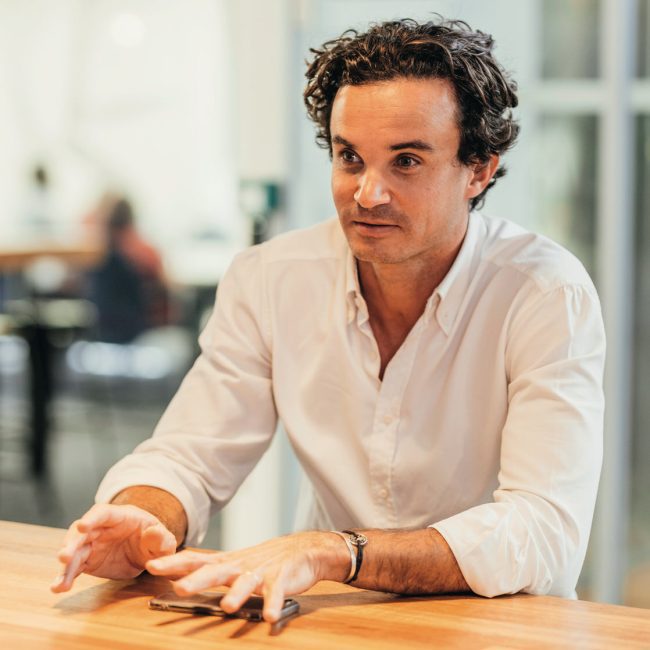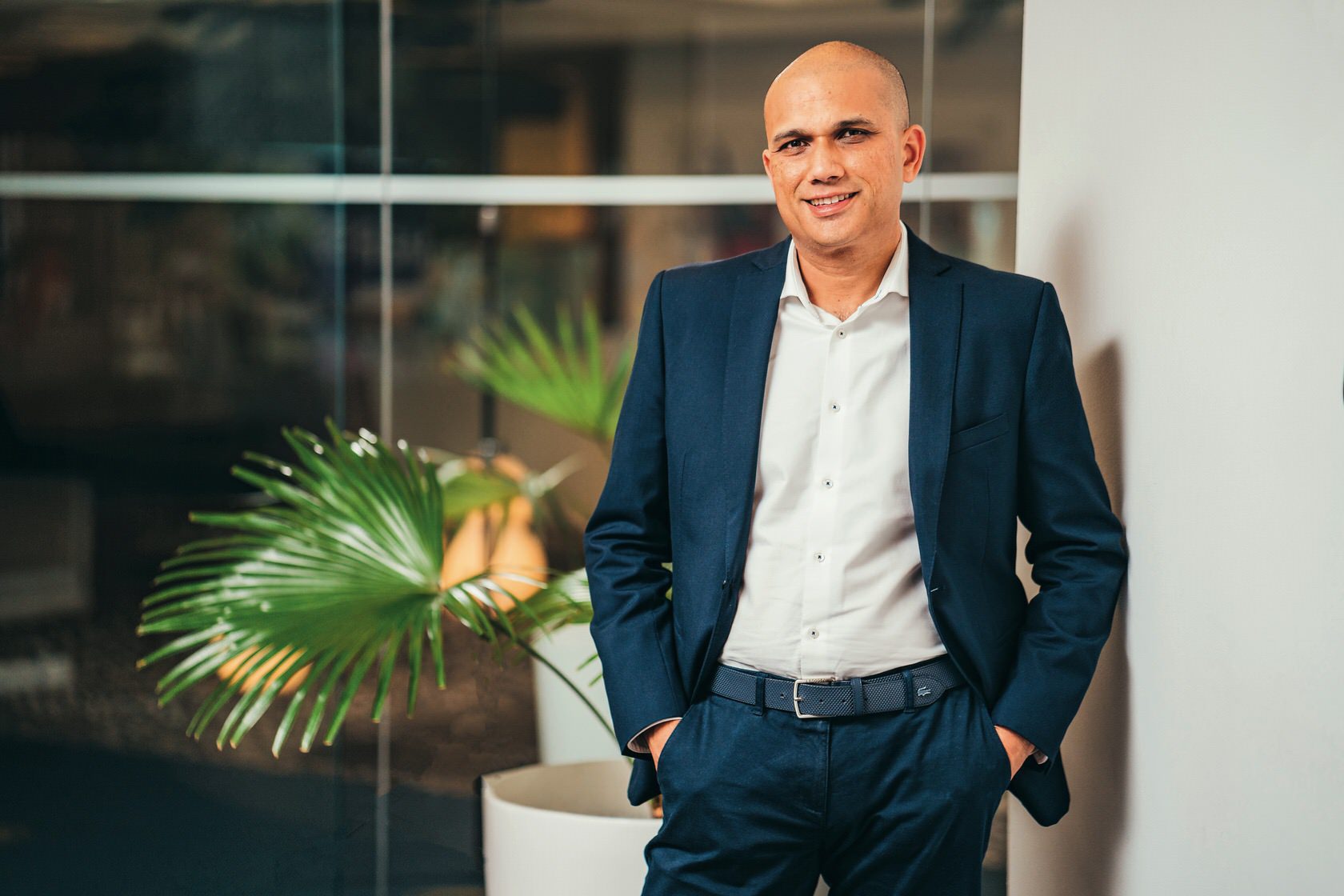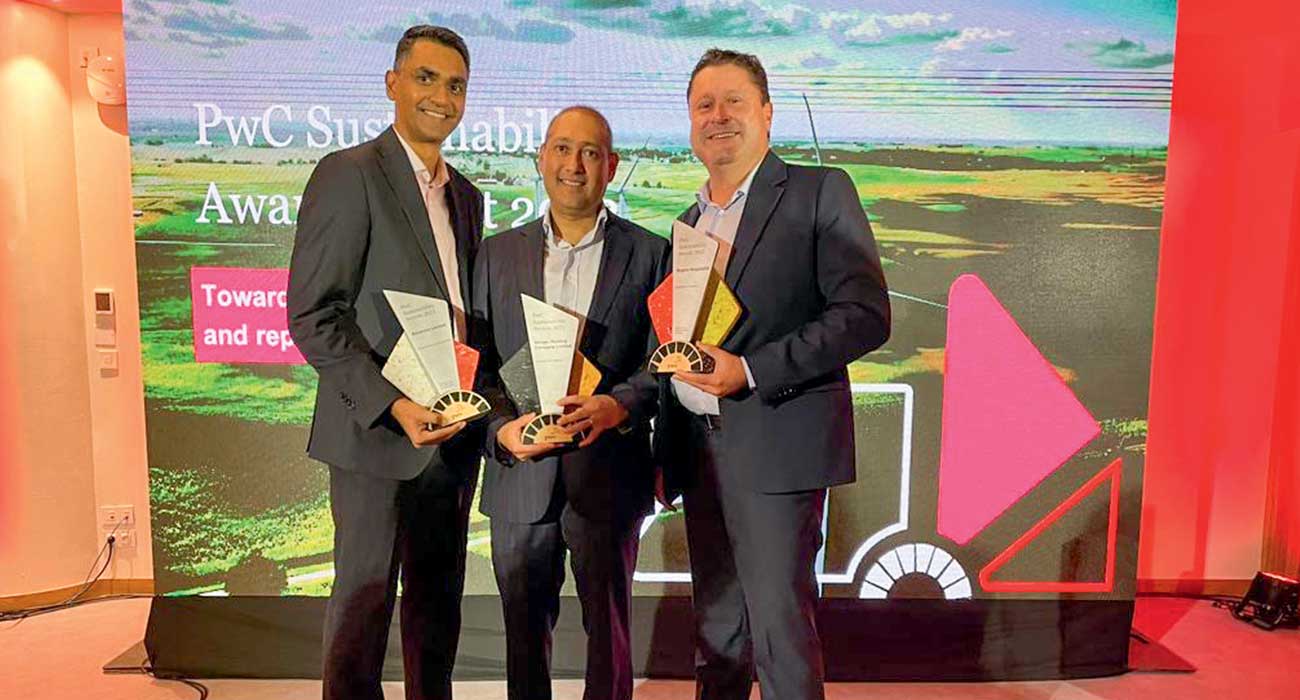They believe in the power of action and are convinced that companies are powerful levers of change. Natacha Emilien, Manish Bundhun and Paul Perrier agreed to participate in this joint interview to outline tomorrow’s company profile.

Natacha Emilien
Founder of the Board of Good and director of Eagle Insurance, Attitude Property, CSI Energy Group, La Trobe, KazaCare and TIPA.

Manish Bundhun
Rogers’ Chief People Executive and author of “Shots Of Insights” (2021) and “Disruptor: 9 Abilities of Agile Leaders” (2022)

Paul Perrier
Fundkiss CEO, a lending platform for small and medium enterprises
How do you envision the future of work?
Manish Bundhun – Through three perspectives: work, worker, workplace. Everything is changing, and it’s just the beginning. The nature of work is being completely modified due to digitalisation and permanent change. The worker of the future is multi-talented and versatile. Although telecommuting has always existed, the pandemic has expanded its reach. And work-fromanywhere will become the prevailing model.
Natacha Emilien – I would also ask ‘why’? Why do I do what I do? For the money? To be useful to society? To learn? For my personal development? This search for ‘meaning’ at work exists already and will become even more important going forward. It’s neither a whim of the younger generation nor a temporary trend, but a profound change instead.
Paul Perrier – Why should we wake up every morning to carry out tasks we consider useless? We all want to earn a living by doing something meaningful, which gives us a goal to strive for. To create economic value, certainly, but social value as well. In the future, a good decision will no longer be confined to the economic aspect. It will no longer be simply a matter of being the best in terms of financial performance, but the best for society. As a result, social utility and labour value, in general, are being challenged.
Shouldn't we revitalise work?
Natacha – Yes, to a certain extent. There are other criteria, in addition to economic profitability, such as social, environmental and ethical performance. This forces the leader to broaden his scope and take into account a group of stakeholders, instead of one unique player: the shareholder. In fine, the company’s vision broadens, with the focus shifting from shareholders to stakeholders.
Paul – Behind the search for ‘meaning’ at work, what is at stake is employee engagement. An employee who finds purpose in what he does is more engaged, more motivated. Autonomy is another aspect which seems important to me. Tomorrow’s company will adapt to its employee’s needs, and not the other way around. Working from 9 AM to 5 PM, it’s over!
Manish – Definitely! It’s no longer the company that chooses its employees; it’s the employees who choose the company where they wish to grow and reach their full potential, as the staff shortage in the hospitality sector reminded us lately. The employer was previously assessing the candidate. Nowadays, they assess each other, and this trend will keep growing in the future. Workers are no longer ready to grow in a company where there are a lot of constraints, where only profits matter, and where every job is reduced to a to-do list. They don’t want this anymore.




















